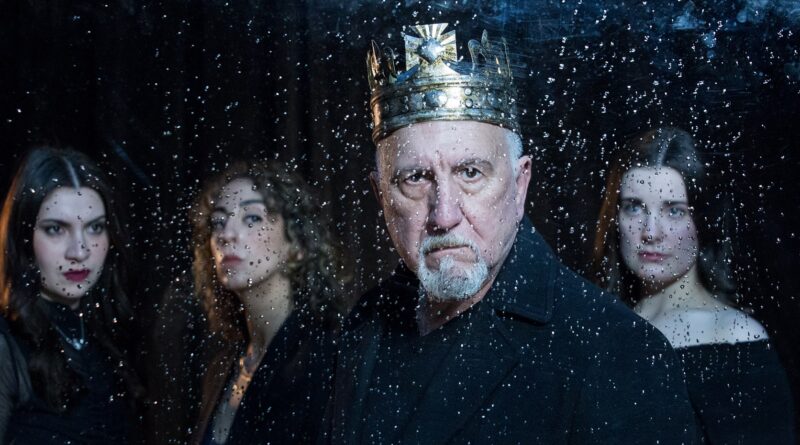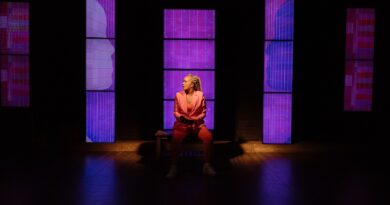Scott Wentworth discusses King Lear – Shakespeare BASH’d-style – with SesayArts
Scott Wentworth, the Tony and Olivier nominated actor, is returning to the stage this February as the titular character in Shakespeare BASH’d’s new production of The Tragedy of King Lear at the Theatre Centre.
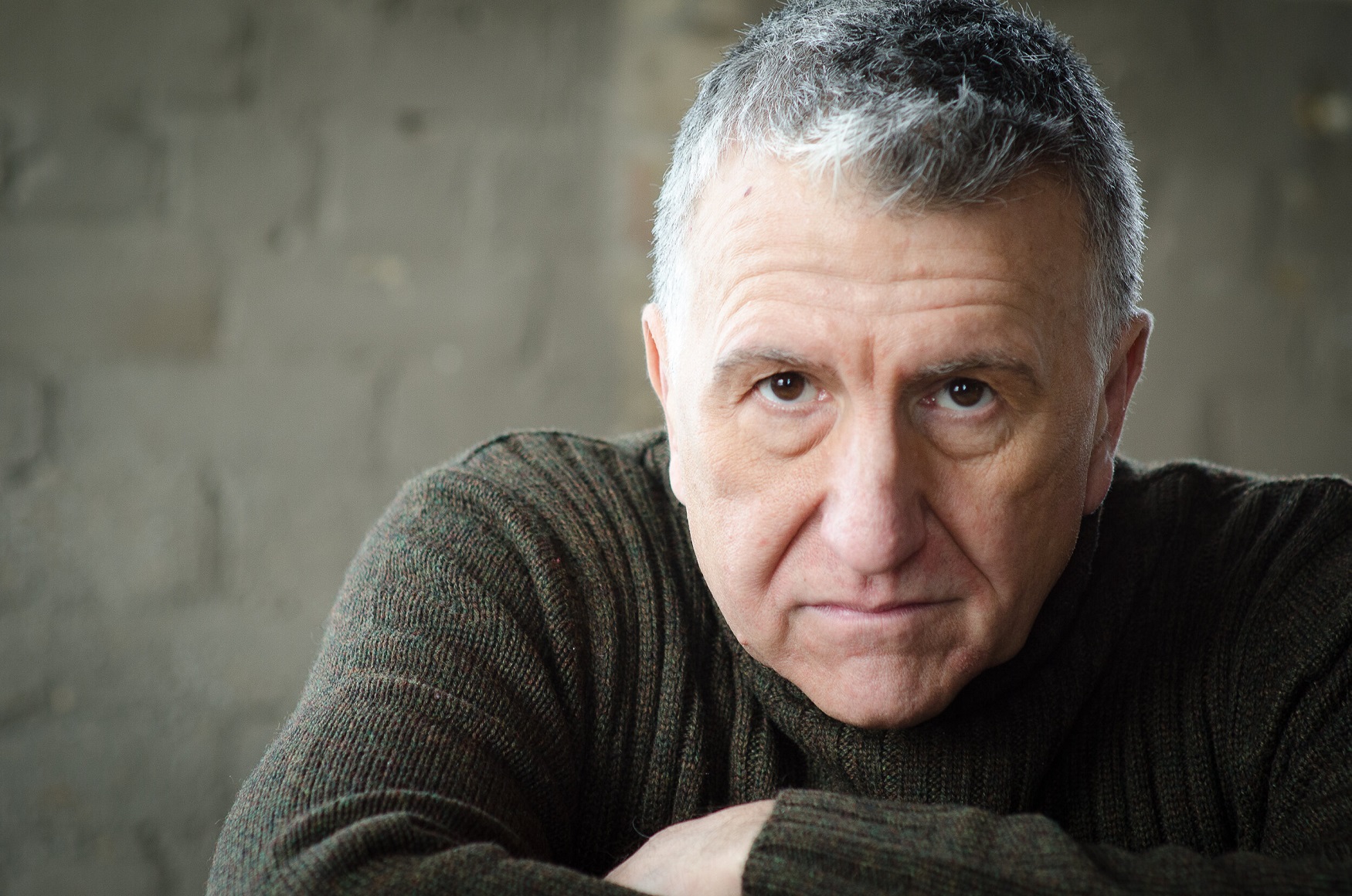
After a pandemic hiatus, Shakespeare BASH’d makes its much-anticipated return with a production of King Lear that was initially planned for 2021. To celebrate this return to live performances, BASH’d has assembled a noteworthy cast, including Wentworth in the title role. With his long-standing association with the Stratford Festival, he has cemented his place not only as one of the most versatile actors and directors in the industry, but also as a key mentor to actors and directors.
Among his protegés are BASH’d Co-Artistic Directors James Wallis – who directs this production – and Julia Nish-Lapidus, who plays the Fool. He mentored both as directors at the Stratford Festival. And through this relationship, he came to know and admire the BASH’d philosophy of intimate and immersive presentation of Shakesepare’s works – with a focus on the essentials of text and character to emphasize the play’s themes.
The accomplished ensemble for King Lear includes David Mackett as Gloucester, Melanie Leon as Goneril, Mairi Babb as Kent, Daniel Briere as Cornwall, and Tristan Claxton as Oswald. Rounding out the cast is a talented group of actors joining BASH’d for the first time, including 郝邦宇 Steven Hao as the Duke of Burgandy and the Gentleman, Madelaine Hodges (賀美倫) as Regan, Ngabo Nabea as Edgar, Deivan Steele as Edmund, Breanne Tice as Cordelia, and Ben Yoganathan as Albany.
Wentworth began his acting career in New York City before joining the Stratford Shakespeare Festival in 1985, performing in The Glass Menagerie. He went on to play various roles in plays such as Macbeth and The Merchant of Venice; and musicals like Cabaret, Guys and Dolls, and Fiddler on the Roof. Wentworth returned to New York in 1989, where he was nominated for a Tony Award for his performance in Cy Coleman’s Welcome to the Club.
And this barely scratches the surface of Wentworth’s career. His acting career includes additional work on the large and small screens, and he also works steadily as a director in Canada and the US. At the Stratford Festival, he directed Henry IV, Part 1 and Henry IV, Part 2 in 2001, and The Adventures of Pericles in 2015, to name a few. He has also collaborated with his wife Marion Adler and composer Craig Bohmler to write musicals. Their first musical was Gunmetal Blues. Their second, Enter the Guardsman, which was based on Ferenc Molnár’s play The Guardsman, was nominated for a Laurence Olivier Award for Best Musical in 1997.
Of course with such a diverse career, Wentworth is no stranger to King Lear. The curious can see his performance as Gloucester in the 2017 Stratford Festival production of King Lear, which was filmed as part of the CBC Presents the Stratford Festival series. And audiences should be beside themselves in anticipation of how he will marshal his rich experience and deep capability in service of this seminal work. It was an honour and a pleasure to speak with him about the attraction, demands and inherent contradictions of King Lear; the surprising resonance of the play’s themes; and his affection and respect for the ensemble bringing it to life.
SM: What appeals to you about the play King Lear?
SW: This is such a difficult question. Smarter people than I have weighed in on this play for centuries. We have inherited it as a cultural pearl. History has deemed it rare and beautiful. But like with a real pearl, that lustrous, smooth, beautiful surface is covering an irritant, a grain of sand, a piece of grit. And that’s what King Lear is to me — a piece of grit in the public teeth. A play with no easy answers. Sometimes, no answers at all. A play that positively revels in its contradictions: epic and domestic, political and personal, beautiful and cruel. Maybe that’s what appeals to me most; the fact that it’s irritating, that it riles me up.
SM: King Lear the character is so iconic and challenging. What attracts you, and what’s your approach to the role? Is it informed by anything personal?
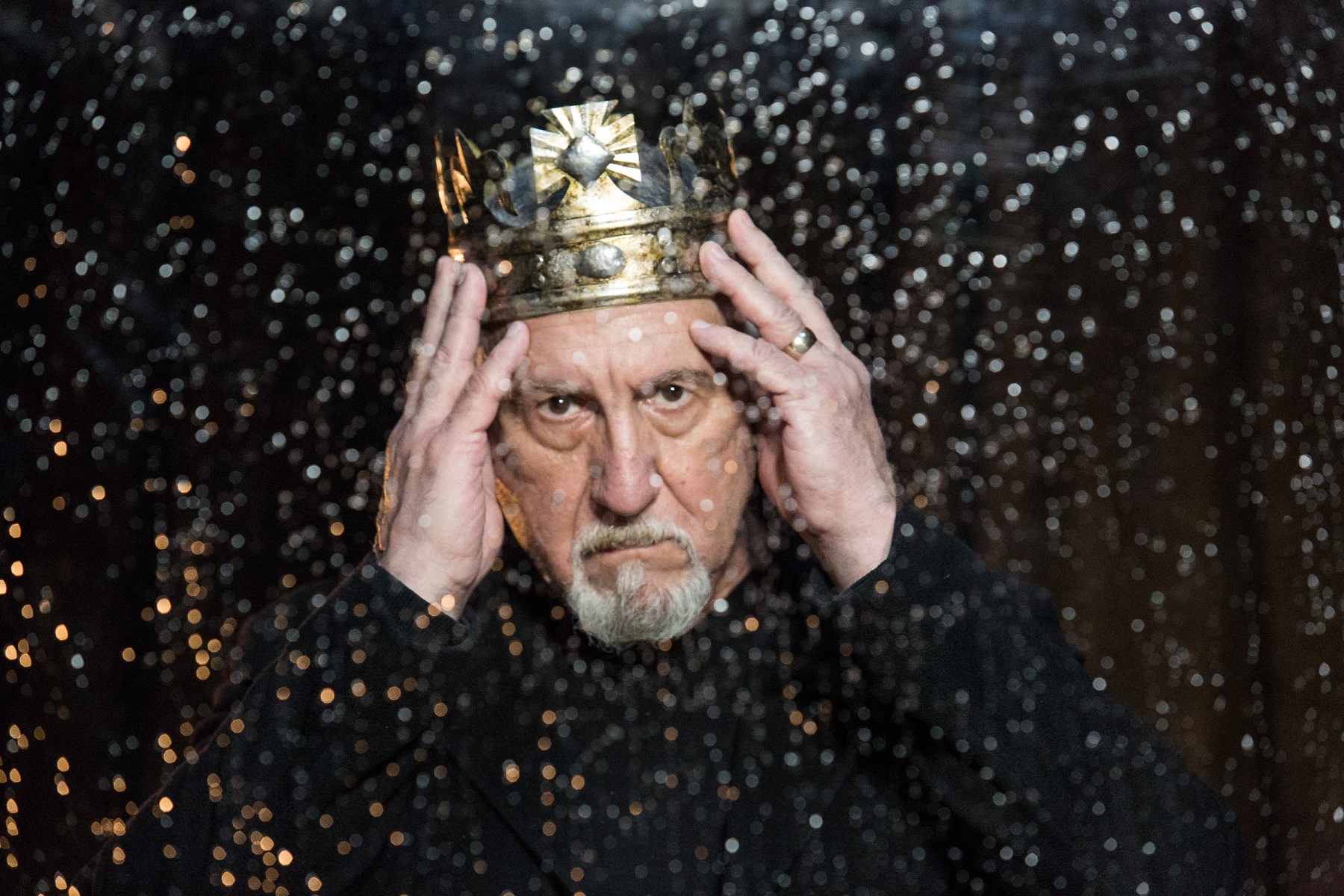
SW: Playing Lear is incredibly challenging and maybe that’s why it’s so attractive to actors. You have to do everything you normally do when you’re acting — you have to be convincing, you can’t be boring — but with Shakespeare, you have the added reality of the language; its structure, its images, and that is a technical demand that has to be attended to as well. Then with Lear you literally go from one crisis to another: political, familial, spiritual, psychological… meteorological. It’s not as taxing as Hamlet in terms of length, or as punishing as Macbeth in terms of emotional toil, but I have never played a part as unrelenting as Lear.
My approach has been, as much as possible, to experience the part moment-by-moment, to make small choices that get me through a speech, a line, rather than large sweeping choices that will carry me through the play. I want to invite the contradictions that are in Lear and Lear.
SM: The Shakespeare BASH’d production is the second of three productions of King Lear (that I know of) this season in Ontario. Soulpepper mounted it along with Queen Goneril in the fall, and it is also part of the Stratford Festival’s upcoming season. In your mind, is there something that makes the play especially resonant – and ripe for interpretation – at this particular time?
SW: It’s hard to say why a play comes into focus at a particular time, and sometimes it’s simply happenstance. James Wallis (our director and co-artistic director of Shakespeare BASH’d) and I were planning this production in 2020, but then the pandemic hit, so we’re doing it now. But I know what you’re asking. There is something about King Lear that seems to line up with our contemporary conversations. It’s a play that’s very articulate, for instance, about inequality; in wealth, opportunities, and social status. It talks about homelessness and the problem of the “super-rich.” It’s critical of abuses of power, and hypocrisy in government.
And it has, at its centre, a generational divide; the younger characters feel betrayed by their parents, while the older folks feel the “ingratitude” of their children. So despite its almost fairytale-like trappings — “Once upon a time there was a king who had three daughters…” — King Lear is very much a play about us, our time. Right here. Right now.
SM: What aspect of this Shakespeare BASH’d production would you like us to know about — or pay particular attention to?
SW: With almost every Shakespeare production, the audience is going to be hearing a cut text, sometimes a drastically cut text. Increasingly they’ll be dealing with an altered text, with scenes rearranged or cut entirely, characters conflated or cut altogether; speeches trimmed, rewritten, or allocated to other characters. Even brand-new scenes can be written and added. Now, there’s nothing wrong with this — Shakespeare’s dead, he’s not going to sue anybody —and often these adaptations create thrilling theatre. But it’s not quite the play. At Shakespeare BASH’d, we have decided to play the text virtually unchanged and, most importantly, uncut, so that the full sweep of Shakespeare’s vision can be made available. Our hope is to create a fast-moving, seamless story-telling that allows the audience access to the totality of the play.
SM: What’s been the most surprising thing to come out of working on this production so far? Any challenges?
SW: Nothing but challenges — but I can’t really say there have been many surprises either because, in a way, we’re looking for them; that’s what’s been expected. We’re in rehearsal. We are re-hearing the play. So we’re constantly making discoveries, challenging our assumptions.
SM: The final word is yours. What question didn’t I ask you that you wish I had (and what’s the answer)?
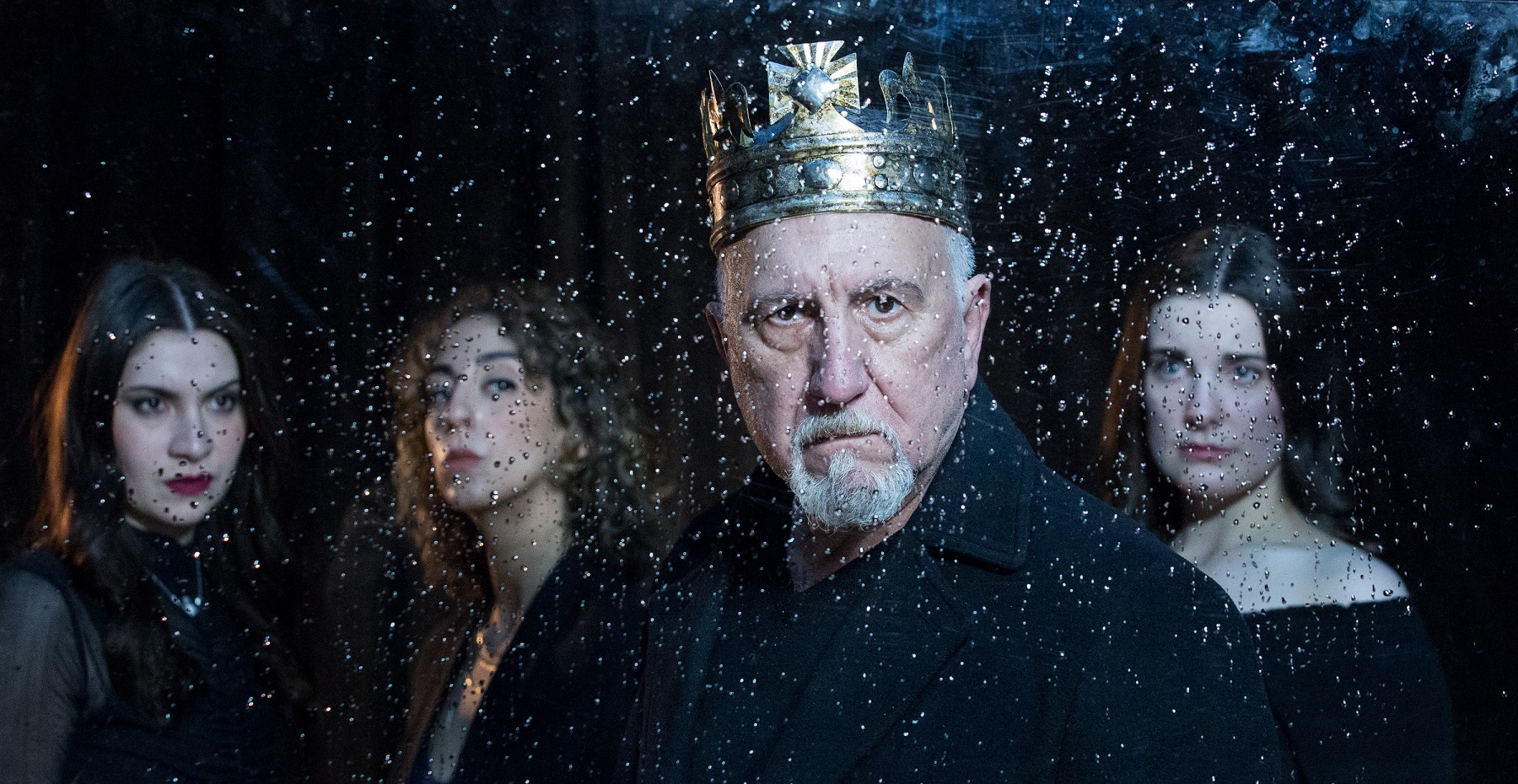
SW: I’d like to end by giving a shout-out to my fellow actors: Mairi Babb, Daniel Briere, Tristan Claxton, 郝邦宇 Steven Hao, Madelaine Hodges (賀美倫), Melanie Leon, David Mackett, Ngabo Nabea, Julia Nish-Lapidus, Deivan Steele, Breanne Tice, and Ben Yoganathan. All theatre is a collaboration, but King Lear is unique among the tragedies in that it is truly an ensemble piece. It takes all thirteen of us to tell this great story, and I feel blessed and privileged to be working with such an extraordinary group.
Shakespeare BASH’d’s production of William Shakespeare’s The Tragedy of King Lear runs February 16 – 26, 2023 at The Theatre Centre, BMO Incubator. Reserve tickets on theatrecentre.org.
© Arpita Ghosal, SesayArts Magazine, 2023
About The Author
Arpita Ghosal
Arpita Ghosal is a Toronto-based arts writer. She founded Sesaya in 2004 and SesayArts Magazine in 2012.
Visit About Us > Meet the Team to read Arpita’s full bio …

